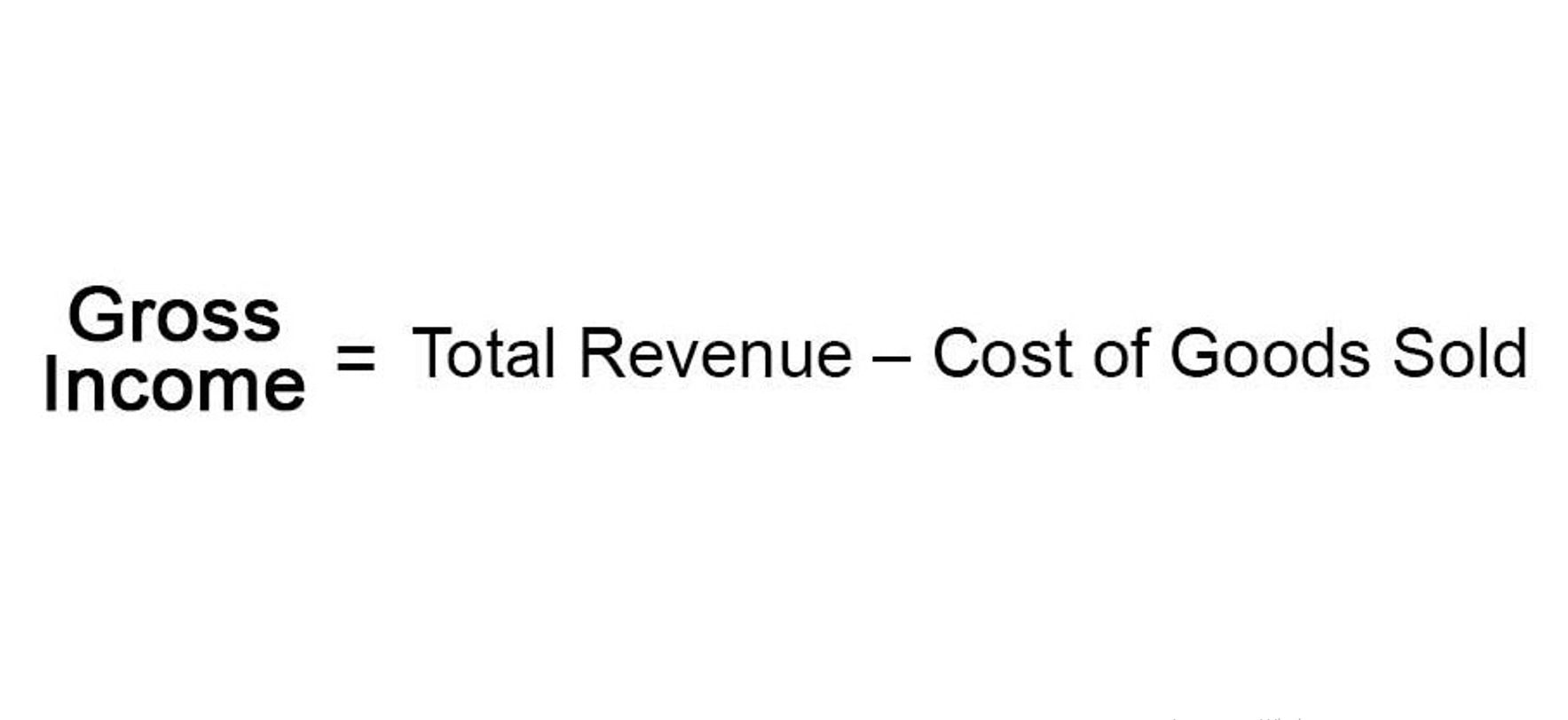
When a company receives payment before rendering the service or delivering the product, it must recognize this receipt as a liability on its balance sheet. Any business that takes upfront or prepayments before delivering products and services to customers has unearned revenue, which is often also called deferred revenue. If you don’t enter revenue received in the same accounting period that expenses were paid, this also violates the standard accounting principles. Unearned revenue, also known as deferred revenue or customer deposits, refers to payments received by a company for products or services that have not yet been delivered or rendered. This unique financial concept holds a notable position on a company’s balance sheet, as it has implications for both revenue recognition and the company’s liabilities.
- Generally, they are transactional where money is exchanged for a service/good in real-time.
- It is recorded as a liability on the company’s balance sheet because the company owes the delivery of the product or service to the customer.
- With each month, a business can record the performance bonuses as a liability on their balance sheet to accurately record what they’ll need to pay out at the end of the period.
- Suppose a customer pays $1,800 for an insurance policy to protect her delivery vehicles for six months.
- Or, when a bigger project rolls around, allow your client to pay for the project partially upfront or in installments at major milestones.
Unearned revenue in the accrual accounting system

Unearned revenue appears as a liability on a company’s balance sheet. It represents the company’s obligation to provide goods or services, which have been https://www.bookstime.com/ prepaid by customers. As the company delivers those goods or services, the liability decreases, and the revenue is reported on the income statement.

Resources for Your Growing Business
This changes if advance payments are made for services or goods due to be provided 12 months or more after the payment date. In such cases, the unearned revenue will appear as a long-term liability on the balance sheet. Unearned revenue, sometimes referred to as deferred unearned revenue a liability revenue, is payment received by a company from a customer for products or services that will be delivered at some point in the future. Unearned revenue should be entered into your journal as a credit to the unearned revenue account, and a debit to the cash account.
- In the world of accounting, unearned revenue requires adjustments and corrections to ensure accurate representation of a company’s financial statements.
- Here is everything you need to know about unearned revenue and how it affects your small business.
- Unearned revenue is a type of liability account in financial reporting because it is an amount a business owes buyers or customers.
- Because the membership entitles Sam to 12 months of gym use, you decide to recognize $200 of the deferred revenue every month—$2,400 divided by 12.
- Your bookkeeping team imports bank statements, categorizes transactions, and prepares financial statements every month.
- The payments collected from the customer would remain in deferred revenue until the customer has received in full what was due according to the contract.
- A country club collects annual dues from its customers totaling $240, which is charged immediately when a member signs up to join the club.
Unearned Revenue: What It Is, How It Is Recorded and Reported

Deferred revenues refer to money received for goods or services to be provided to customers later, whereas deferred expenses refer to money expended for obligations not yet observed. When a company uses the accrual accounting method, revenue is only recognized as earned when money is received from a buyer and the goods or services are delivered to the buyer. When a company accrues deferred revenue, it is because a buyer or customer paid in advance for a good or service that is to be delivered at some future date.
Unearned revenue is classified under the head of current liability but, can also be recorded under long-term liability depending upon payment schedules. For example, if a business pays out a performance bonus annually and one of their employees has been smashing goals every month, the bonuses are adding up. With each month, a business can record the performance bonuses as a liability on their balance sheet to accurately record what they’ll need to pay out at the end of the period. Sometimes businesses take an advance payment on a good or service meaning they’ve been paid upfront and now they need to fulfill their end of the deal. In some cases, the business needs to reflect this in their accounting.
- Under the percentage-of-completion method, the company would recognize revenue as certain milestones are met.
- Improper revenue recognition will result in an overstated revenue account balance, and understated deferred income account balance.
- Accrual accounting records revenue for products or services that have been delivered before payment has been received.
- It is recorded as a liability because the company still has an outstanding obligation to provide these goods or services.
- Learn accounting fundamentals and how to read financial statements with CFI’s free online accounting classes.
- Why not enlist the help of quality software to track cash flow and generate financial reports automatically.
It’s always great to be paid in advance for goods and services yet to be delivered. However, until those products or services have been provided to your customers, any money received in advance is considered unearned revenue. A company should clearly disclose unearned revenue within its financial statements, typically as a part of the balance sheet. It is usually listed under the current liabilities section, as it represents obligations that are expected to be settled within one year. Clear disclosure helps ensure transparency and accurate financial reporting for investors and other stakeholders.
What To Do If You Prematurely Recognized Unearned Revenue?
A debit entry for the amount paid is entered into the deferred revenue account and a credit revenue is entered into sales revenue when the service or product is delivered. When a customer prepays for a service, your business will need to adjust the unearned revenue balance sheet and journal entries. Your business will need to credit one account and debit another account with corresponding amounts, using the double-entry accounting method to do so.

- However, it converts into cash only when the seller receives the payment.
- Due to its short-term nature, deferred revenue is often expected to satisfy within the next year.
- Most commonly, unearned revenue is wrongfully recorded as an asset instead of a liability.
- In accounting, unearned revenue has its own account, which can be found on the business’s balance sheet.
- ProfitWell Recognized allows you to customize your financial reporting and statements.
- While you have the money in hand, you still need to provide the services.